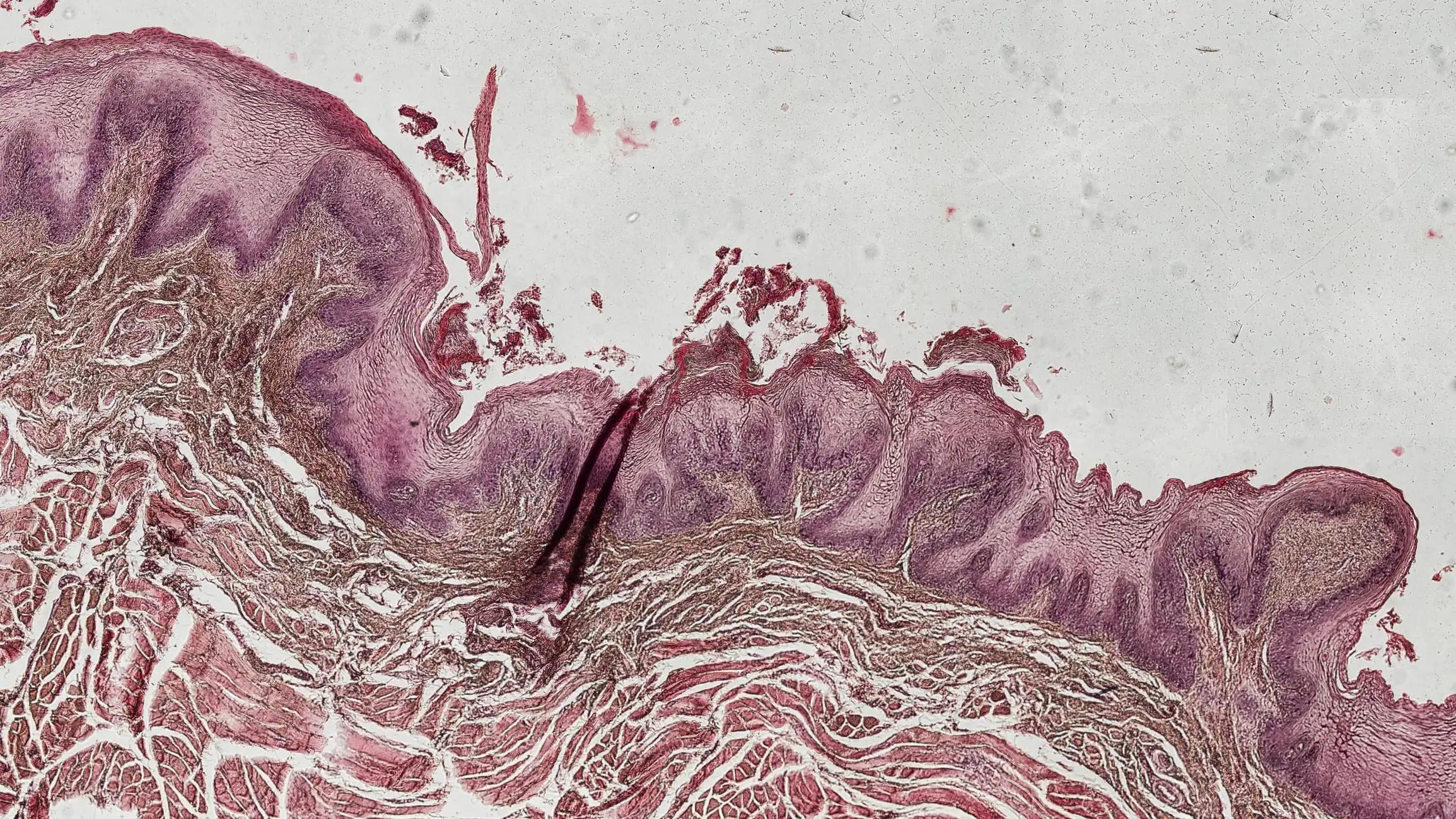KEY TAKEAWAYS
- The phase 3 APHINITY (NCT01358877) trial for patients with HER2-positive early breast cancer aimed to evaluate the predictive relevance of age at diagnosis in HER2-positive breast cancer and the benefit of anti-HER2 therapy in young patients.
- A subpopulation treatment effect pattern plot analysis was performed to evaluate the impact of pertuzumab on IDFS based on age as a continuous and dichotomous variable.
- Both binary and continuous measures of young age did not predict outcomes, and there was no significant age-related interaction with pertuzumab’s impact on IDFS.
- 768 (16.0%) of the 4804 enrolled patients were younger than 40, and the median duration of follow-up was 74 months (IQR: 62-75).
- The study found that young age did not show prognostic or predictive value, regardless of hormone receptor status, in patients with HER2-positive early breast cancer treated with contemporary anticancer treatments.
Historically, young age at breast cancer (BC) diagnosis has driven overtreatment decisions. However, there is limited data with short follow-up regarding the prognostic significance of age at diagnosis in HER2-positive BC and the potential benefits of anti-HER2 therapy in young patients. The patients with HER2-positive early BC are being studied in the APHINITY (NCT01358877) trial, a randomized, double-blind, placebo-controlled phase 3 study assessing the addition of pertuzumab to adjuvant chemotherapy plus trastuzumab. The utility of age as a continuous and dichotomous (under 40 and over 40) variable in predicting invasive disease-free survival (IDFS) was evaluated. A subpopulation treatment effect pattern plot analysis was performed to visualize potential variability in treatment effects based on age as a continuous factor.
Seven hundred sixty-eight (16.0%) of the 4804 patients enrolled were younger than 40. The median duration of follow-up was 74 months (IQR: 62-75). The binary and continuous measures of young age did not predict outcomes (hazard ratio [HR] = 1.06, 95% CI = 0.84 to 1.33). Regardless of hormone receptor status or treatment group, age was not found to be a predictive factor. There was no significant age-related interaction with pertuzumab’s impact (P interaction = 0.61). Regardless of hormone receptor status, similar outcomes were seen. Pertuzumab’s positive impact on 6-year IDFS was validated across all age groups using a pattern plot analysis of the treatment’s effect. Regardless of hormone receptor status, young age did not show prognostic or predictive value in patients with HER2-positive early BC treated with contemporary anticancer treatments.
Source:https://pubmed.ncbi.nlm.nih.gov/35512402/
Clinical Trial:https://clinicaltrials.gov/ct2/show/NCT01358877
Lambertini M, Fielding S, Loibl S, Janni W, Clark E, Franzoi MA, Fumagalli D, Caballero C, Arecco L, Salomoni S, Ponde NF, Poggio F, Kim HJ, Villarreal-Garza C, Pagani O, Paluch-Shimon S, Ballestrero A, Del Mastro L, Piccart M, Bines J, Partridge AH, de Azambuja E. Impact of Age on Clinical Outcomes and Efficacy of Adjuvant Dual Anti-HER2 Targeted Therapy. J Natl Cancer Inst. 2022 Aug 8;114(8):1117-1126. doi: 10.1093/ji/djac096. PMID: 35512402; PMCID: PMC9360461.



